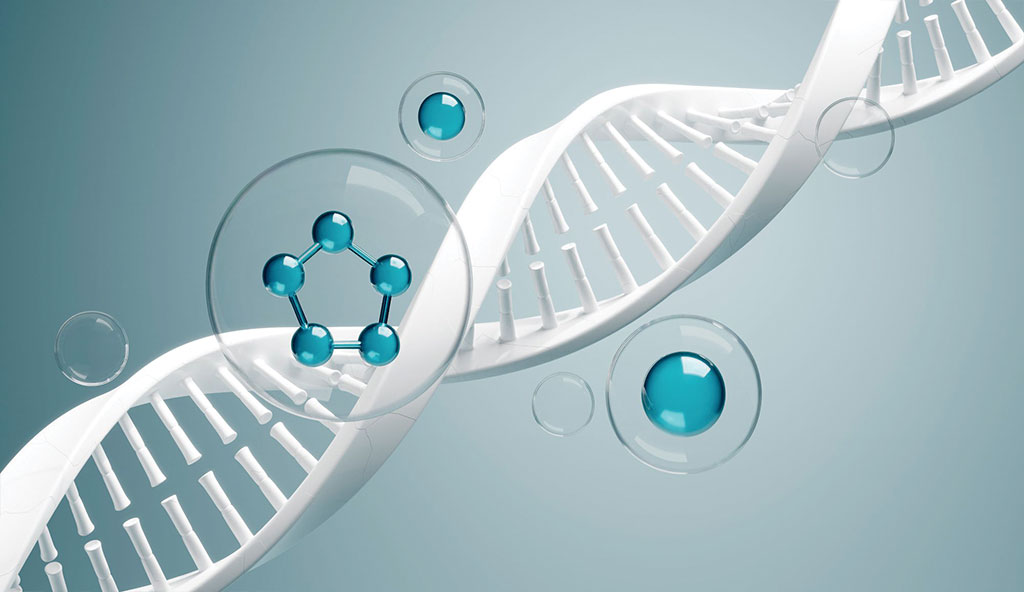Revolutionary Bead-Based Technology Enables Reliable Biomarker Detection in Challenging Samples
Posted on 30 Jun 2023
Millions of assays are performed every day in clinical laboratories worldwide, with the quest for specific biomarkers to identify early-stage diseases becoming increasingly important. However, the variety of patient sample types, including blood, saliva, and urine, can often lead to false positives or negatives. Now, a groundbreaking technology allows for reliable biomarker detection in these complex samples, revolutionizing clinical diagnostic accuracy and research workflows.
Veravas (Austin, TX, USA) has introduced the VeraBIND (Biomarker Isolation and N-richment for Detection) technology, a unique and comprehensive solution that enhances biomarker detection accuracy and significantly reduces the potential for false positive or negative results across various sample types. VeraBINDing the sample during collection or preparation transforms complex samples into a matrix-free sample. This boosts the performance of existing tests and could facilitate a significant breakthrough in biomarker detection for healthcare professionals. With this revolutionary technology, clinical laboratories can optimize their diagnostic processes, contributing to the early detection of diseases and enabling timely, targeted interventions.

VeraBIND also speeds up assay development, ensuring consistency and improved accuracy in research, clinical trials, and diagnostic tests. This technology, designed for clinical diagnostics and research, enhances workflows and facilitates more sensitive detection of low abundance or previously hidden biomarkers. Once validated, it is compatible with commercially available assays and can be run using any detection method, such as ELISA, chemiluminescence, and mass spectrometry. Veravas, through VeraBIND, is revolutionizing assay development and biomarker detection, setting a new standard in clinical diagnostics and research. With improved accuracy and streamlined workflows, clinicians and researchers can expect better outcomes and improved quality of life for patients globally.
"VeraBIND is a game-changer for the clinical diagnostics industry, as it addresses the most difficult challenges in assay development," said John Forrest, CEO of Veravas. "By standardizing and simplifying the sample matrix, we are revolutionizing early biomarker detection for Alzheimer's and other diseases, leading to better patient outcomes."
"By creating a new matrix-free sample, VeraBIND enables biomarkers to be examined easily, offering clinicians faster, more accurate testing and diagnosis," said Josh Soldo, Chief Scientific Officer at Veravas. "Eliminating sample interferences and enriching biomarkers of interest results in superior detection. This advancement ensures assays leveraging VeraBIND can be standardized for more efficient analysis."
Related Links:
Veravas











 (3) (1).png)


